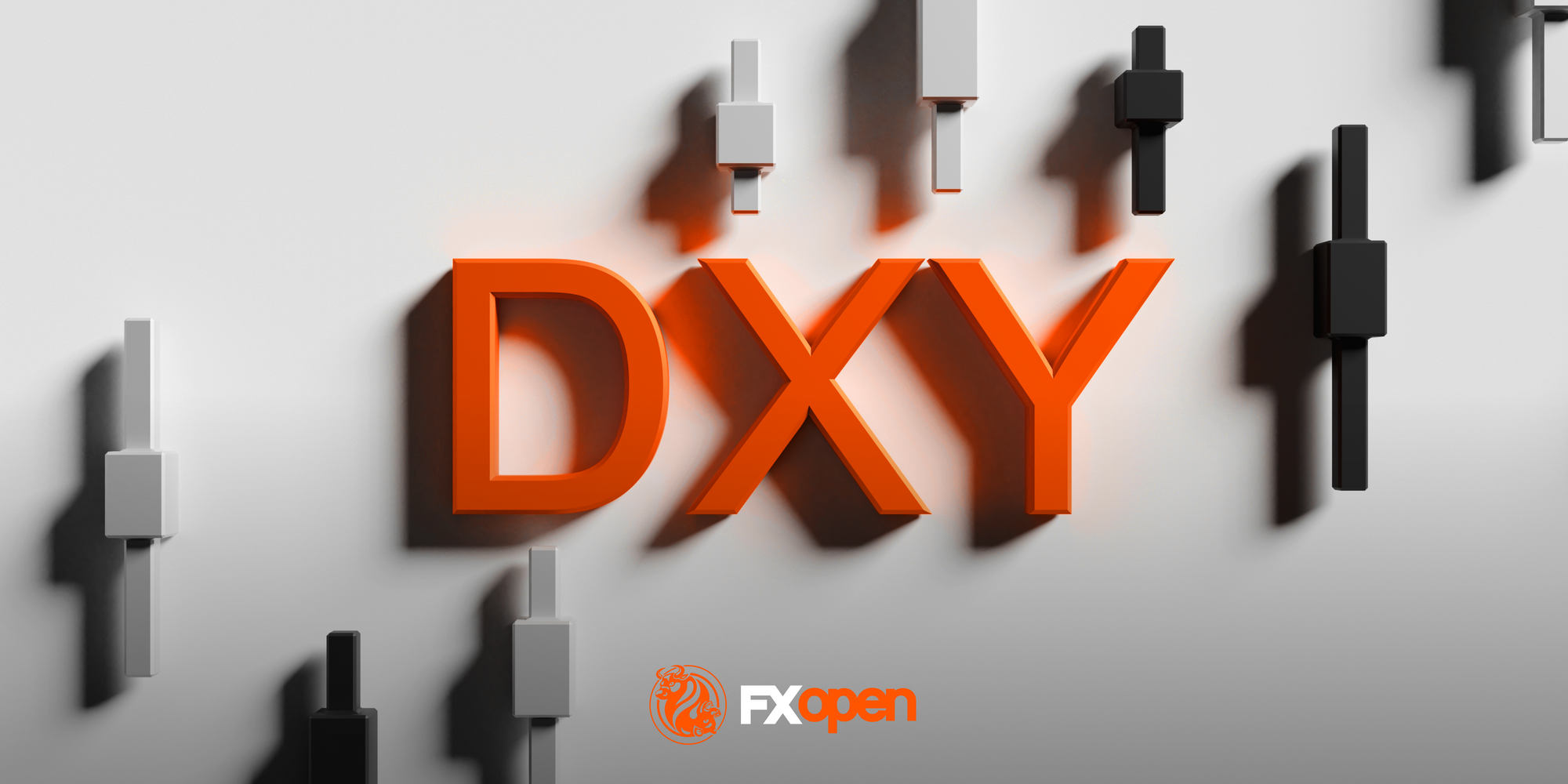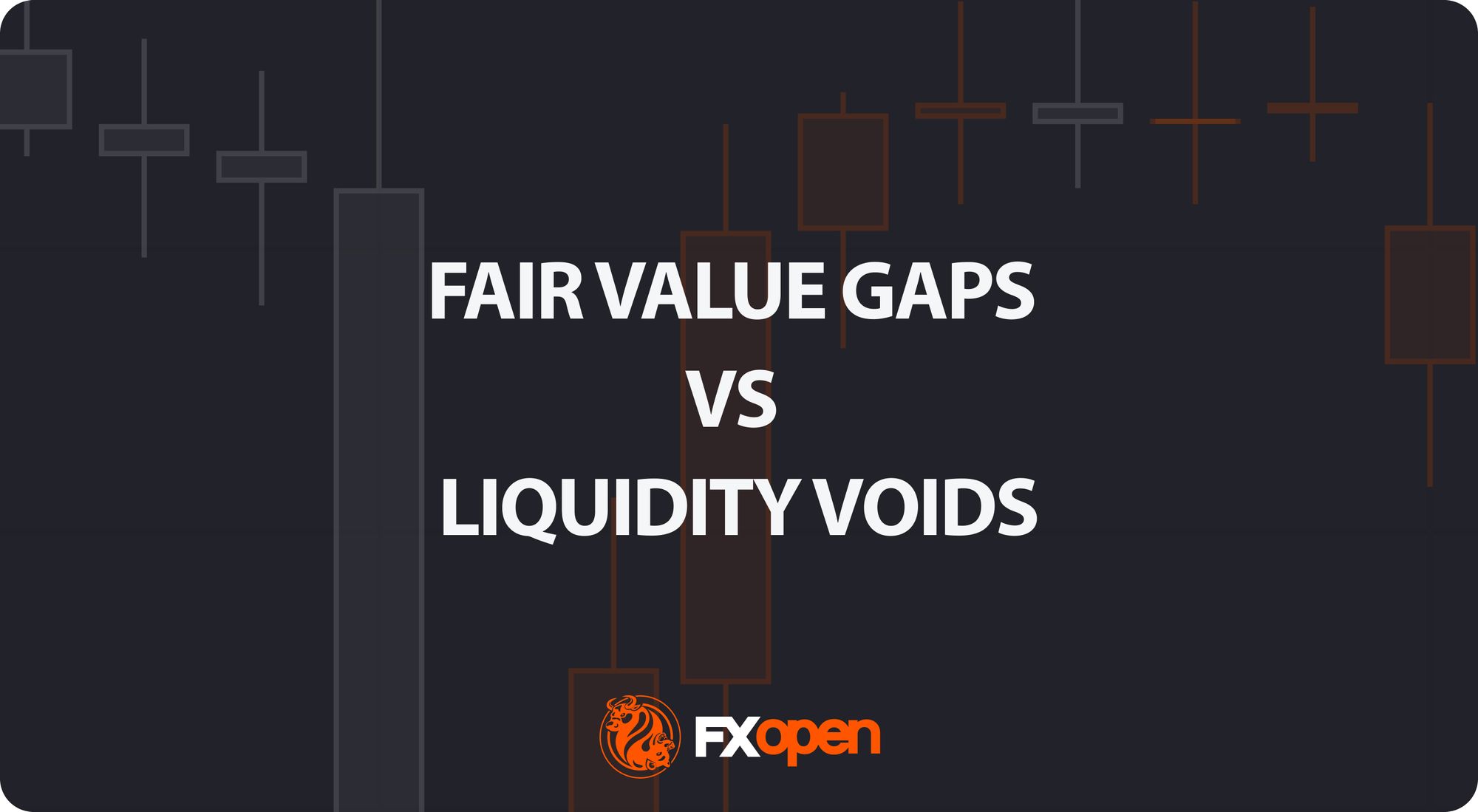FXOpen

There is nothing like a bit of political uncertainty and commercial instability to create a stock market storm, and this week is no exception.
Yesterday, during the first day of the trading week, a the S&P 500 which is an important stock market index tracking the performance of 500 large companies listed on stock exchanges in the United States dived considerably.
After opening at 4,327 points at the beginning of the trading day in New York, it closed at 4,201 which is a decline of 2.95%.
That may not seem such a high percentage, but it is a considerable dive for an index which tracks the performance of massive companies with fiduciary responsibilities to shareholders and a high profile public image.
Such large, big-cap companies are often in established industry sectors and rarely experience high levels of volatility, hence their popularity among a wide base of investors and traders, and their attractiveness to hedge funds and professional wealth managers who often include these stocks into portfolios for their clients.
The S&P500 is now languishing at a 1-month low. In fact, it is 7.09% down over the monthly moving average, which represents a very severe decrease in valuation of these large, listed companies.
Investor confidence is very low across European and American markets, especially given the extent of the sanctions being applied to the Russian Federation, its citizens and the companies which do business from within Russia as well as American and European companies pulling out of the Russian market unilaterally.
This sudden policy of complete withdrawal from a large market and closure of relations between Russian firms supplying the West, most of which are energy companies, and American and European firms supplying the Russian market immediately losing revenue is a potentially disastrous move for business.
Opinions from within the large financial institutions and data research companies vary on why the negative approach is being taken by investors. Some say that the value of these major stocks has declined due to inflation caused by a potentially global war, whereas others consider the increased price of gas and oil to be a main contributor, making the operating costs of the large corporations whose stock is included in the S&P 500 surge.
It is an unusual direction, however, as quite often geopolitical tensions and more specifically wars tend to create high demand for many products and services and therefore result in a rising market.
Over the last two weeks, however, this has not been the case at all and confidence in most of the major indices, and in Wall Street in general has decreased substantially.
Aside from the logistical issues, a sudden shrinking market which excludes Russia from the world's table of trade, and any increase in gas or oil costs which may ensue, this week signaled the end of the use of Visa and Mastercard for payment in Russia.
This adds another potentially damaging issue, that being the inability to collect payments from Russian citizens for services and products provided by American companies, or European subsidiaries of American companies providing services and products in Russia.
It is very likely that the Russian public will soon be able to use their flexible plastic as a method of payment again soon, as an alternative will be in place. Currently there are rumours that China's UnionPay is in advanced discussions about rolling out its services across the country, however not every company in the United States operates with UnionPay and even if it did, they may be under their company's policy of sanctions.
Ultimately, sanctions affect business, large and small. The result of is very clear by looking at the charts.
This article represents the opinion of the Companies operating under the FXOpen brand only. It is not to be construed as an offer, solicitation, or recommendation with respect to products and services provided by the Companies operating under the FXOpen brand, nor is it to be considered financial advice.
Stay ahead of the market!
Subscribe now to our mailing list and receive the latest market news and insights delivered directly to your inbox.








